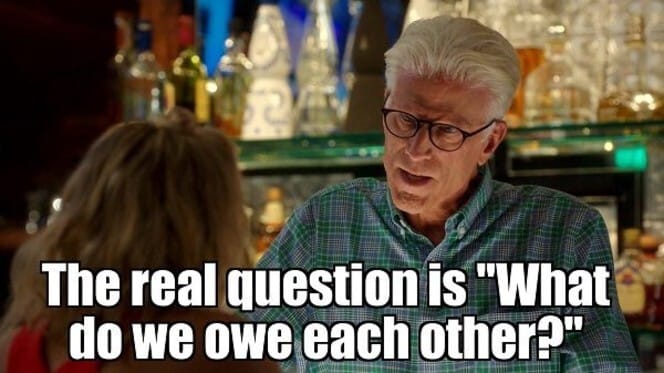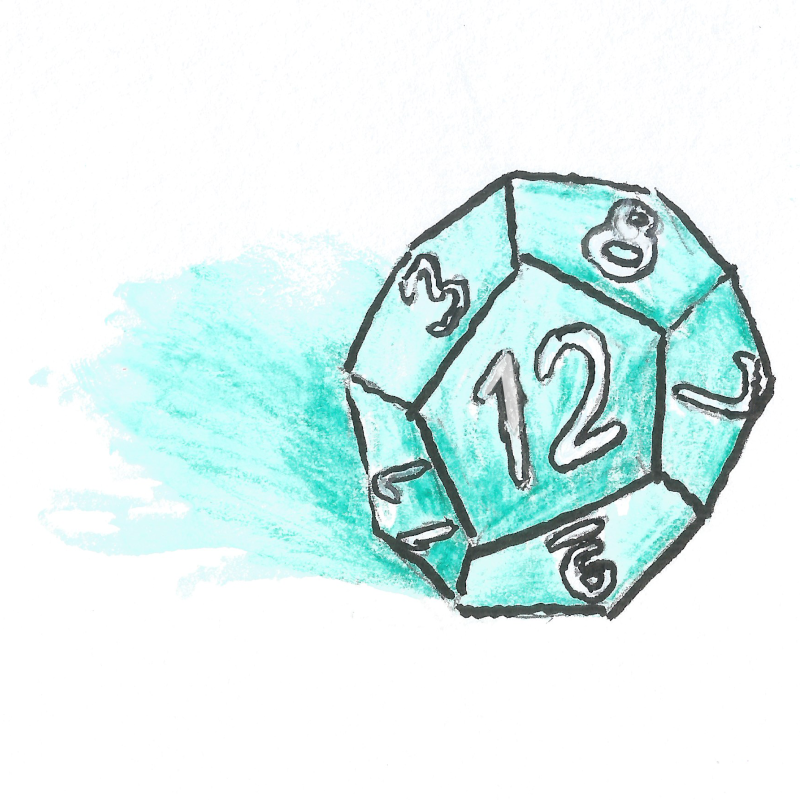When I was younger, I spent a lot of time planning D&D campaigns. I wanted to build complete worlds before I started running them, for a lot of reasons:
- I had moments of inspiration that I simply had to flesh out and get down on paper.
- Many people in our group had something we wanted to GM, and I wanted to earn the right to have my shot.
- Once I got in the coveted GM seat, I needed to prove myself. I couldn’t allow myself to fail, or I might lose that spot before the story was complete.
- If I’m honest, I think I dreamed of producing a published adventure or campaign setting ( which I’ve technically done now, I guess! )
That was two decades ago, and things have changed. I don’t think these were very healthy ways of looking at the hobby, and I’d like to talk about some ways I’ve grown in those years. Maybe it’ll be helpful for you young whippersnappers just getting into this hobby.
Cultivate trust with others
TTRPGs are at their best when creating shared experiences, and that requires trust. Life’s too short to play games with people you don’t trust.
As a gamemaster, you can cultivate trust by using safety tools, asking for feedback, being fans of the player characters, and being fair (and transparent when discussing issues of fairness).
As a player, you can cultivate trust by using safety tools and out-of-character discussion when getting into questionable territory, helping newbies, sharing the spotlight with other players, sharing responsibilities with the gamemaster, and not upsetting the experience for everyone else.
In both cases, you can cultivate trust by treating the game as a shared storytelling experience rather than a competition.

This sounds very simplistic, but the difference between a competitive game where participants are trying to get one over on each other and one where they’re cooperating is huge. It’s not mere semantics.
While there are multiple tools and checklists and techniques to help you consider others’ experience, it works best when it becomes second nature.
